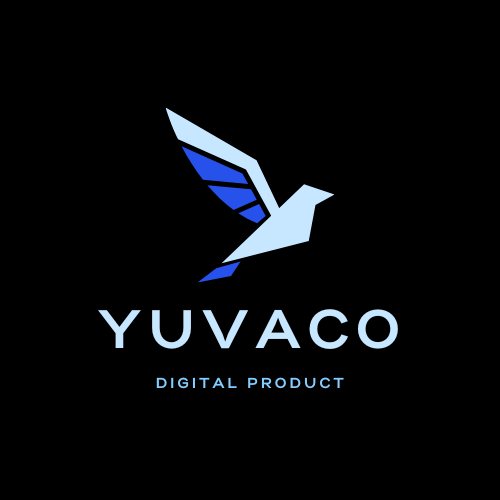Product management is a complex discipline that involves coordinating multiple teams and resources to create and launch successful products. In today’s fast-paced business environment, the use of modern tools has become essential for product managers to streamline their workflow, collaborate effectively with their team, and track progress. In this article, we will explore the top 10 tools that can help product managers to manage their projects effectively.
- Asana: Asana is a project management tool that enables product managers to manage their projects and tasks in one place. With Asana, you can create and assign tasks to team members, set deadlines, and track progress. It also integrates with popular tools like Slack, Google Drive, and Dropbox, making it easy to collaborate with team members and share files.
- Jira: Jira is a popular project management tool used by product managers to manage agile development projects. It provides a flexible and customizable workflow that allows teams to track progress, plan sprints, and manage backlogs. Jira also integrates with other popular development tools, such as GitHub and Bitbucket.
- Trello: Trello is a visual project management tool that allows product managers to organize their tasks and projects on a virtual board. It provides an intuitive interface that enables teams to create, assign, and prioritize tasks. Trello also integrates with a variety of third-party tools, including Google Drive, Dropbox, and Slack.
- Confluence: Confluence is a collaboration and knowledge management tool that enables product managers to create and share documents, project plans, and other resources. It also provides a centralized repository for teams to store and access important information, such as product requirements, customer feedback, and market research.
- Google Analytics: Google Analytics is a web analytics tool that helps product managers to track and analyze user behavior on their website or mobile app. It provides valuable insights into user demographics, traffic sources, and user behavior, which can be used to inform product decisions and optimize user experience.
- Intercom: Intercom is a customer communication platform that enables product managers to engage with their users and collect valuable feedback. It provides features like in-app messaging, chatbots, and surveys that enable product managers to gather insights about user needs, pain points, and preferences.
- Productboard: Productboard is a product management tool that helps product managers to prioritize and plan their roadmap. It provides a centralized repository for product feedback and ideas, which can be used to inform product decisions. Productboard also provides features like prioritization, roadmapping, and customer insights, which enable product managers to build a product that meets user needs.
- Slack: Slack is a communication tool that enables product managers to collaborate with their team and share updates in real-time. It provides a centralized platform for team communication, which can be used to share files, collaborate on projects, and keep everyone on the same page.
- Aha!: Aha! is a product roadmap tool that enables product managers to create and share product roadmaps. It provides features like prioritization, dependency tracking, and goal-setting, which enable product managers to align their product strategy with business objectives.
- Miro: Miro is a virtual collaboration tool that enables product managers to facilitate brainstorming sessions, workshops, and team meetings. It provides a virtual whiteboard and a variety of templates that enable teams to collaborate visually and organize their ideas.
In conclusion, product management is a challenging discipline that requires effective collaboration, communication, and planning. The tools listed above provide a range of features that enable product managers to manage their projects effectively, collaborate with their team, and track progress. By leveraging these tools, product managers can improve their productivity, streamline their workflow, and create successful products that meet user needs.

Leave a Reply